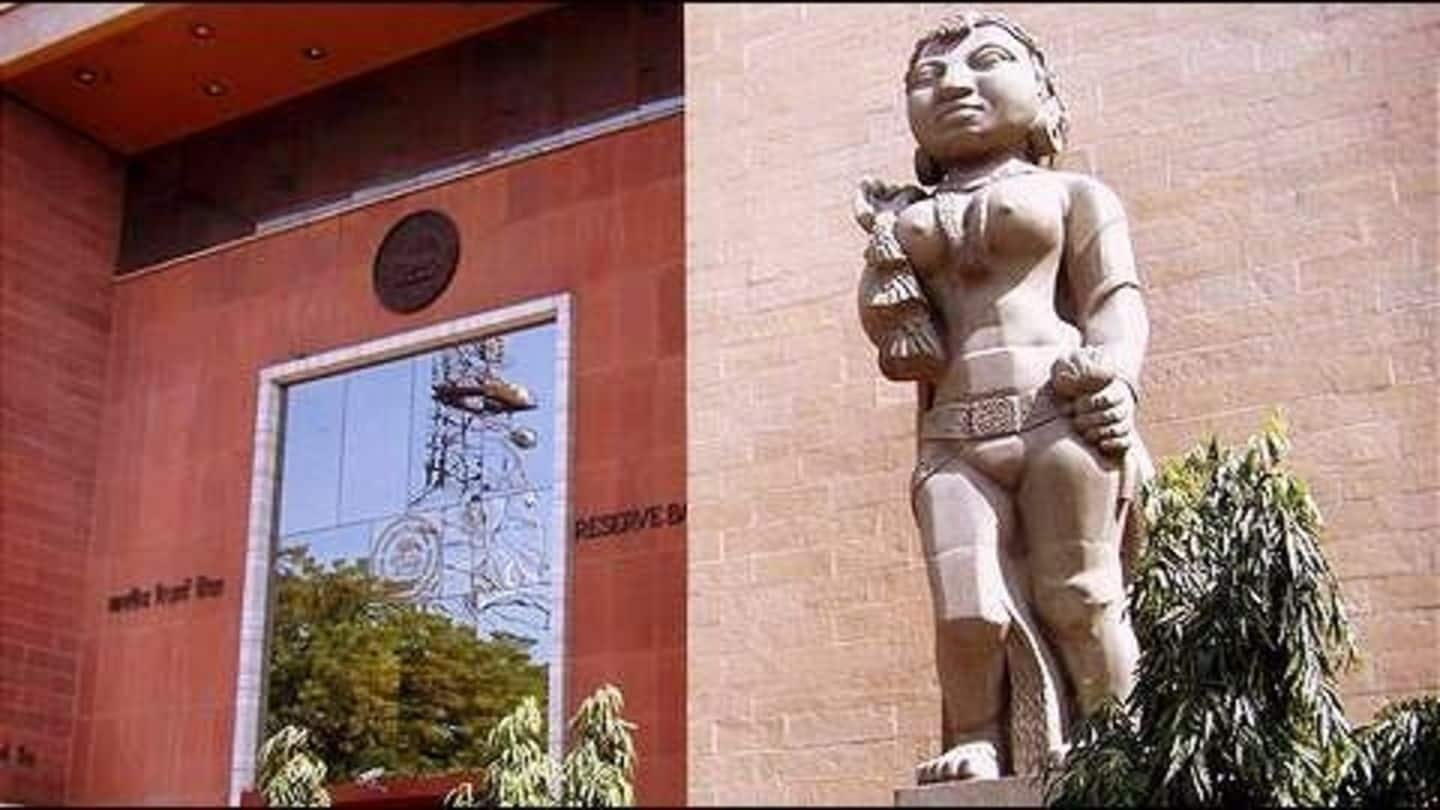
RBI refuses to answer RTI query regarding demonetization
What's the story
Fifty days after the Centre announced Rs.500 and Rs.1000 notes would cease to be legal tender, the Reserve Bank of India declined to answer the burning question: Why were the notes demonetized? Refusing to answer an RTI query, it said the reasons behind the move can't be made public. It also refused to give details about the time required to replenish the currency notes.
Quote
The RBI's response to the RTI query
RBI responded to the query regarding the time required to replenish notes by saying, "The query is in the nature of seeking future date of an event, which is not defined as information as per Section 2(f) of the RTI Act."
Reason
RBI cites Section 8(1)(a) of the RTI Act
Not disclosing the reason behind demonetizing Rs.20 lakh crore, RBI cited the Right To Information Act's Section 8(1)(a). The section states: "(There shall be no obligation to give any citizen) Information, disclosure of which would prejudicially affect the sovereignty and integrity of India, the security, strategic, scientific or economic interests of the State, relation with foreign State or lead to incitement of an offence."
Information
RBI denies information as the decision was already taken
Denying the information sought in the RTI application, RBI didn't give any reason as to how the exemption would apply as the demonetization decision was already taken and there was no way the disclosure of information would have fit any reason cited in Section (1)(a).
Exemption clause
Present case doesn't attract exemption clause: Former Central Information Commissioner
Former Central Information Commissioner Shailesh Gandhi said the public interest clause would apply where exemption clause applies on the information sought by an applicant in the RTI query. He said in the current case, the information sought doesn't attract any exemption clause. He added when the disclosure of information is rejected, the public authority must give reasons as to how the exemption would apply.
Crucial Meetings
RBI declines to reveal minutes of crucial meetings regarding demonetization
The central bank also refused to allow access to the minutes of the meetings conducted regarding the decision on demonetizing the Rs.500 and Rs.1000 notes announced by PM Narendra Modi on 8 Nov. Responding to the RTI application filed by activist Venkatesh Nayak, RBI declined to make public the minutes of the Central Board of Directors' crucial meetings citing the transparency law's Section (1)(a).
Disclosure Policy
RBI's refusal very perplexing, says Nayak
Nayak said RBI's refusal to disclose the proceedings of the board meetings where the crucial demonetization decision was taken is very "perplexing" to say the least. Shailesh Gandhi emphasized RBI has created an in-house "disclosure policy" that is "against the letter and spirit of the RTI Act." Gandhi also filed a complaint before Central Information Commission against the central bank for adopting the policy.
Information
Nayak to appeal against RBI's decision
Activist Nayak said he would appeal against RBI's decision. He added the confidentiality before the demonetization decision was understandable, but continued secrecy even after the implementation is difficult to understand; especially when several millions of Indians are facing difficulties due to the cash crunch.